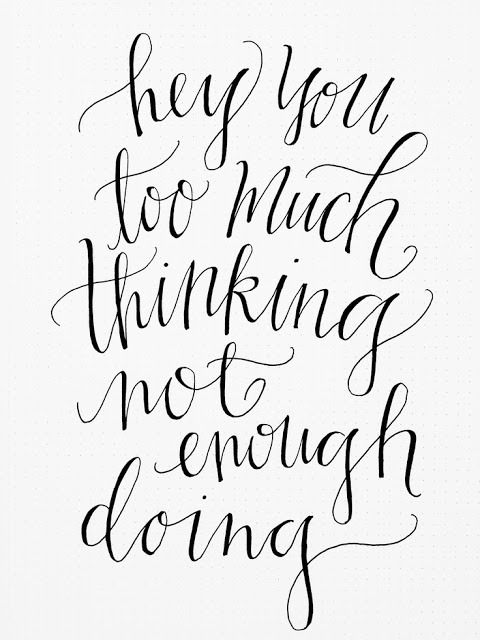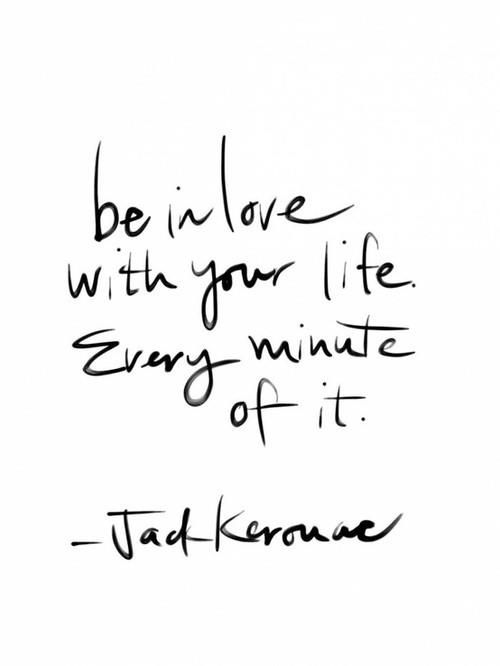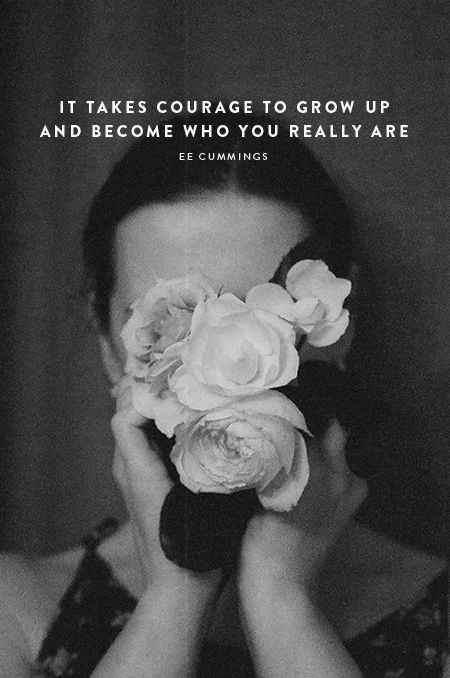"Sorry I'm not sorry."
{ via }
I want to talk for a minute (or, more accurately, for a whole post) about this new thing my generation has started: apologizing. I don't mean, "I'm so sorry I hit your car with my car," or "I'm so sorry for your loss," or "I am sorry for the mean thing I said that hurt your feelings." I'm talking about surplus sorries, people. The kind of apologies that just roll off the tongue naturally; so naturally in fact, that you begin to auto-reply with an "I'm sorry!" to any situation in which words need to be said. You become an apology robot, spouting self-deprecating remarks with the greatest of ease, and without even considering what they are actually supposed to mean.
I'm thinking about all of this so much this week because of this article posted on Levo League which addresses this very topic. However, in my own life, I've dealt with it for much longer. I am an over-apologizer. Yes, that sounds dramatic, and in many ways it's really not... but in some ways, it is. I apologize to people when they run into me, I apologize when I I begin a sentence with a contrasting opinion ("I'm sorry, but..."), I have even apologized to inanimate objects before I could realize what I was doing. Seriously, you guys - inanimate objects. Things that are not alive. That is absurd! And yet, I have become one of the many women of my generation who are so conditioned to be apologetic for the littlest, simplest things, that it is now a reflex to apologize. It is a reflex to take on the responsibility for whatever small act has occurred, even when it is literally no fault of our own.
{ via }
As the article states, " 'By taking responsibility for things that aren't your fault, you denigrate your self-esteem.'" I think this is the truest thing about this over-apology trend, and the most dangerous. When you become accustomed to taking the blame or the fault for things, even every day things like someone bumping you at the coffee shop, you are changing your opinion of yourself. You are skewing your viewpoint of the world to see your actions as wrong, no matter what they actually are, and to give in on your opinions and thoughts rather than defend your position by having confidence in it.
This teaches women to maintain the level of mental subserviency that we have spent decades fighting (by "we" here I mean like, my mom, as obviously I only have two full decades under my belt and a lot of those were spent wearing neon leggings and focusing on evening television shows), and to devalue ourselves in relation to whomever we are apologizing. Again, that sounds dramatic - but actually think about what it means that it can be a reflex to apologize before any other word or phrase comes to mind. That's not normal, and in the long run, it's not good.
Why should someone get the benefit of your apology for bumping into you? Why should you act as if the sentence you're starting has less merit or weight than something anyone else says? Who else do you know who would apologize for not doing something quickly enough, or for being too tired, or for any other number of minute things that don't deserve or warrant a true "I'm Sorry"?
This applies to our thoughts too, and to phrases used to lessen the conviction of our statements before they can be rejected. What am I talking about? I'm talking about telling someone last week what my favorite Indian food order is and starting the sentence with, "This is really weird, but..." Why is it weird that I like to order certain things in a certain way? It's just Indian food, and yet even a simple statement such as that is begun with an explanation, a softening of the blow. That shouldn't be automatic for me, or for anyone.
{ via }
The article lists a number of ways to combat this pattern, and I think they're great suggestions for training yourself out of the I'm Sorry cycle. However, I'd like to take another angle - reclaim your self-confidence. Easier said than done, I know. But each time you hear an "I'm sorry" come out of your mouth, really think about whether it was warranted in that situation, even if you can't stop before it's said. Was it because you weren't so sure of what you were about to say? Were you trying to get someone to like you more by thinking of you as polite or sweet? Did you say it in lieu of thinking of a more appropriate phrase?
If you're confident in yourself, in your being, in who you are and what your character is, I think "I'm Sorry" becomes irrelevant (outside of the correct, more serious, context.) You don't have to apologize for your thoughts, because you know they have merit. You don't have to apologize for someone else bumping your arm, because you know that a smile and an "It's alright" will suffice - you don't have to act as if you've done something wrong to indicate that you're not upset with someone else! These seem like such common sense things, but clearly they are not. Many women in our generation need to be reminded, myself included. Because otherwise, we are becoming a society of women who believe their actions and thoughts need to be couched, need to have a contingency plan in case they're "wrong" or "not good enough." Most men don't act like this, and if you're honest, most of the impressively self-confident people you know don't act like this either. So why should you?
Don't be sorry, unless you're really sorry! It's as easy, and as difficult, as that.


